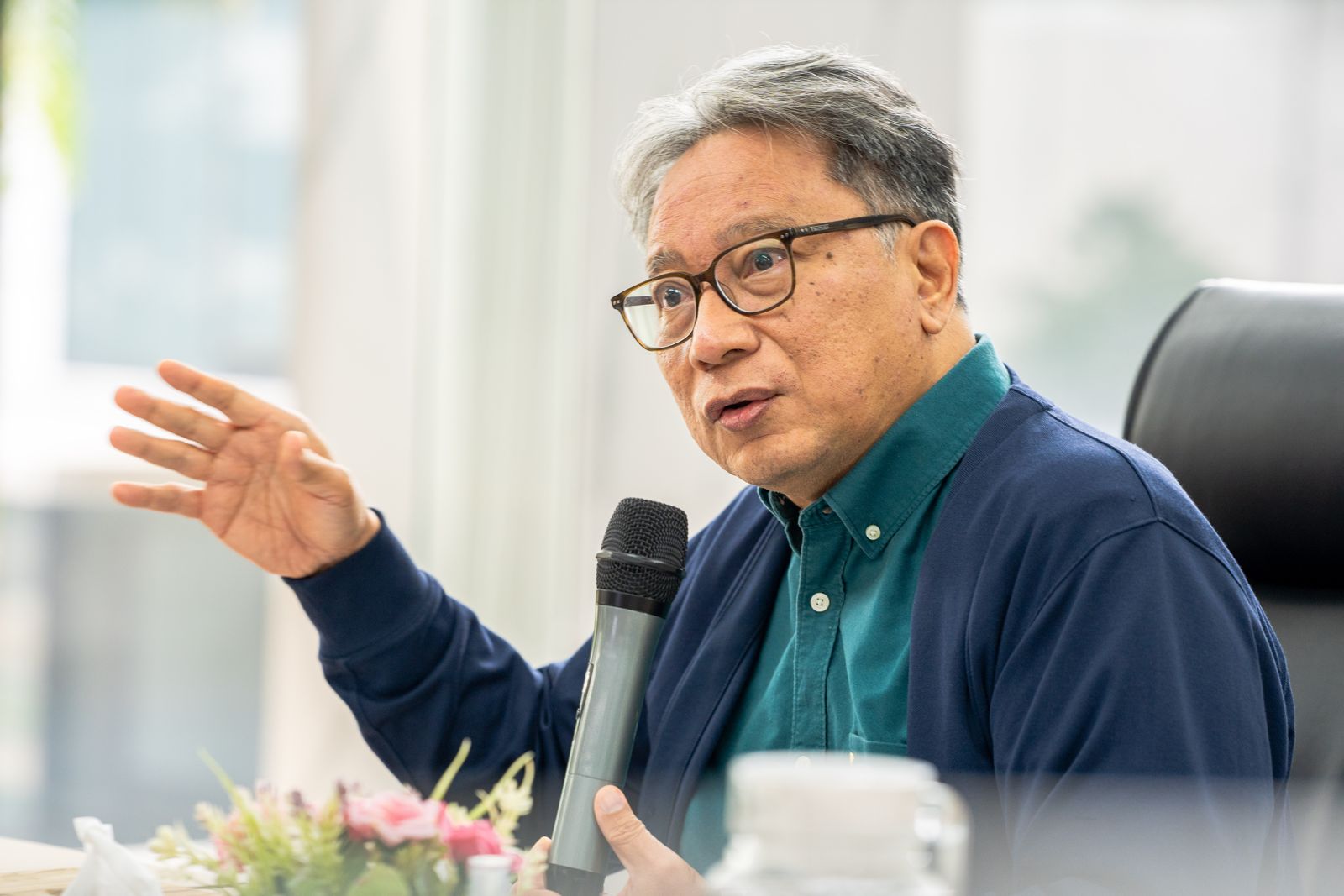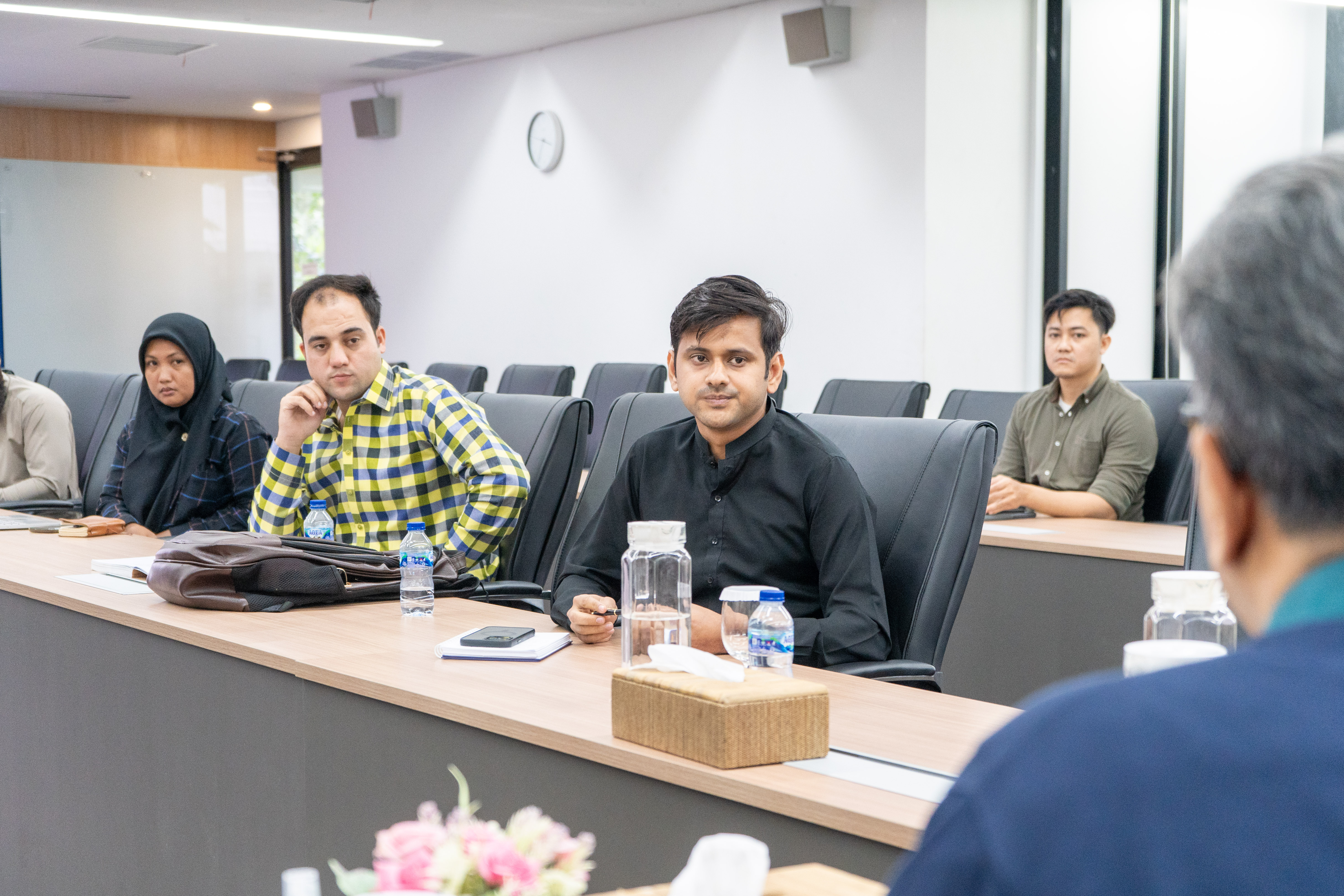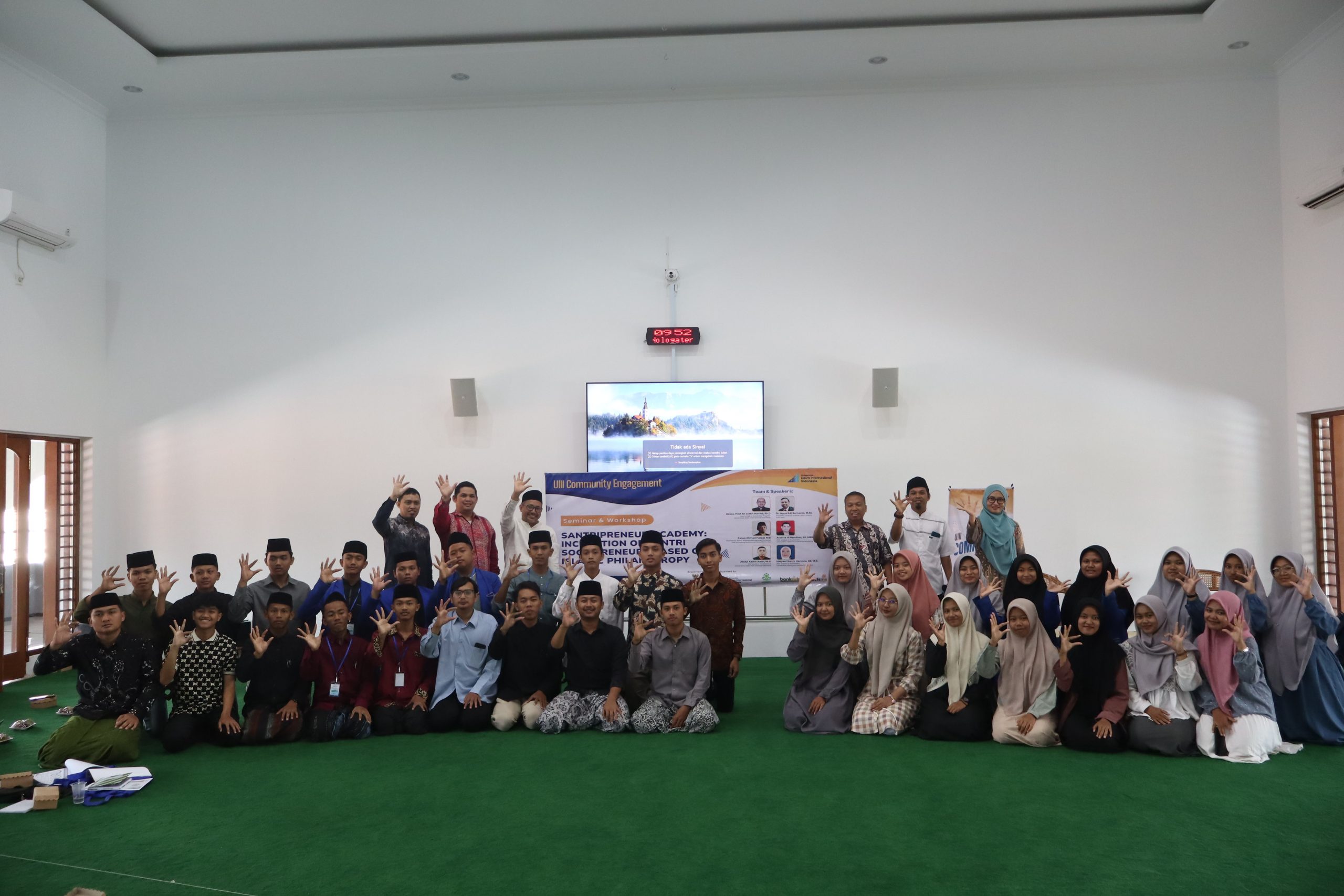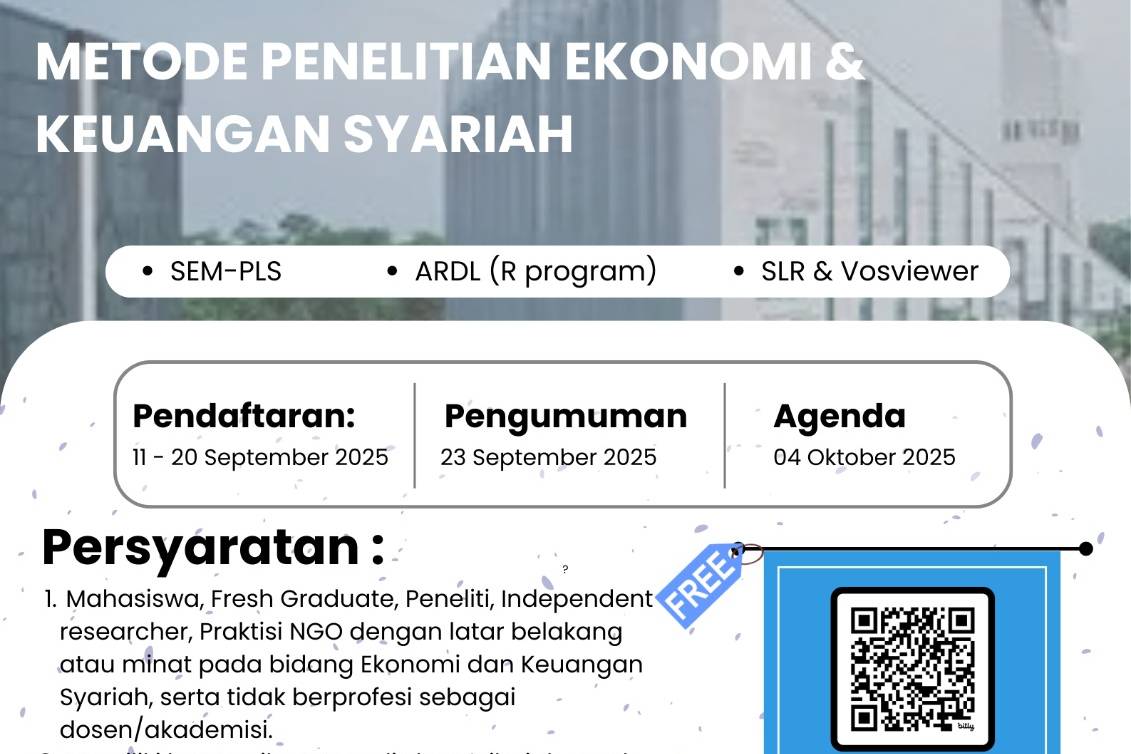
The UIII Faculty of Economics and Business (FEB UIII) held an insightful seminar on November 8, 2024, featuring Prof. Bambang Shergi Laksmono, Chairman of the Board of Professors at the Faculty of Social and Political Science, Universitas Indonesia. His presentation, titled “The Global Demand of Business Impact on Socio-Economic Development,” explored the evolving role of business in shaping sustainable and inclusive growth in Indonesia and globally.
Prof. Laksmono opened his presentation by sharing a memorable question from one of his students: “Why do companies have to comply with good governance principles? There are no sanctions, right?” Using this question as a launching point, he emphasized the concept of Good Corporate Citizenship, encouraging business decisions that not only drive economic gain but also prioritize the wellbeing of nature, society, and future generations. According to him, this responsibility forms the “sustainability compass” guiding modern corporate governance.
A focal point of his presentation was the importance of Green-Related Concepts in today’s business landscape. Prof. Laksmono discussed emerging frameworks such as the Circular Economy, Green Economy, Blue Economy, Low-Carbon Economy, and Regenerative Economy, highlighting how these models are being integrated into industries worldwide. He underscored the value of green practices, including eco-innovation, clean technology, sustainable manufacturing, and zero-emission targets. These efforts, he argued, not only combat environmental issues but also create new business opportunities in organic farming, soil health, and zero-waste production.
Turning his attention to social dynamics, Prof. Laksmono discussed Social Inclusion and Disparity, drawing on theories by Grosman & Krueger to explain how businesses can and should support diverse communities through impact investments. He outlined how investment can go beyond profits by supporting local operations, assessment systems, and supervision models that benefit society at large.
He also provided a case study on Papua, one of Indonesia’s most resource-abundant yet economically challenged provinces. He presented Papua as a region ripe for economic potential in sectors such as digital manufacturing, tourism, agriculture, and traditional market trades. The Grasberg Mine in Timika, Papua—one of the largest gold and copper mines in the world—was used as an example of how resource extraction must be balanced with sustainable practices and respect for local culture.
UIII’s seminar with Prof. Laksmono provided a meaningful platform for students and faculty to examine the intricate links between business, culture, and sustainability. As companies face increasing global demands for socio-economic responsibility, Prof. Laksmono’s insights underscored the need for a thoughtful approach to growth, one that upholds ethical standards and fosters resilient, inclusive communities across Indonesia.


